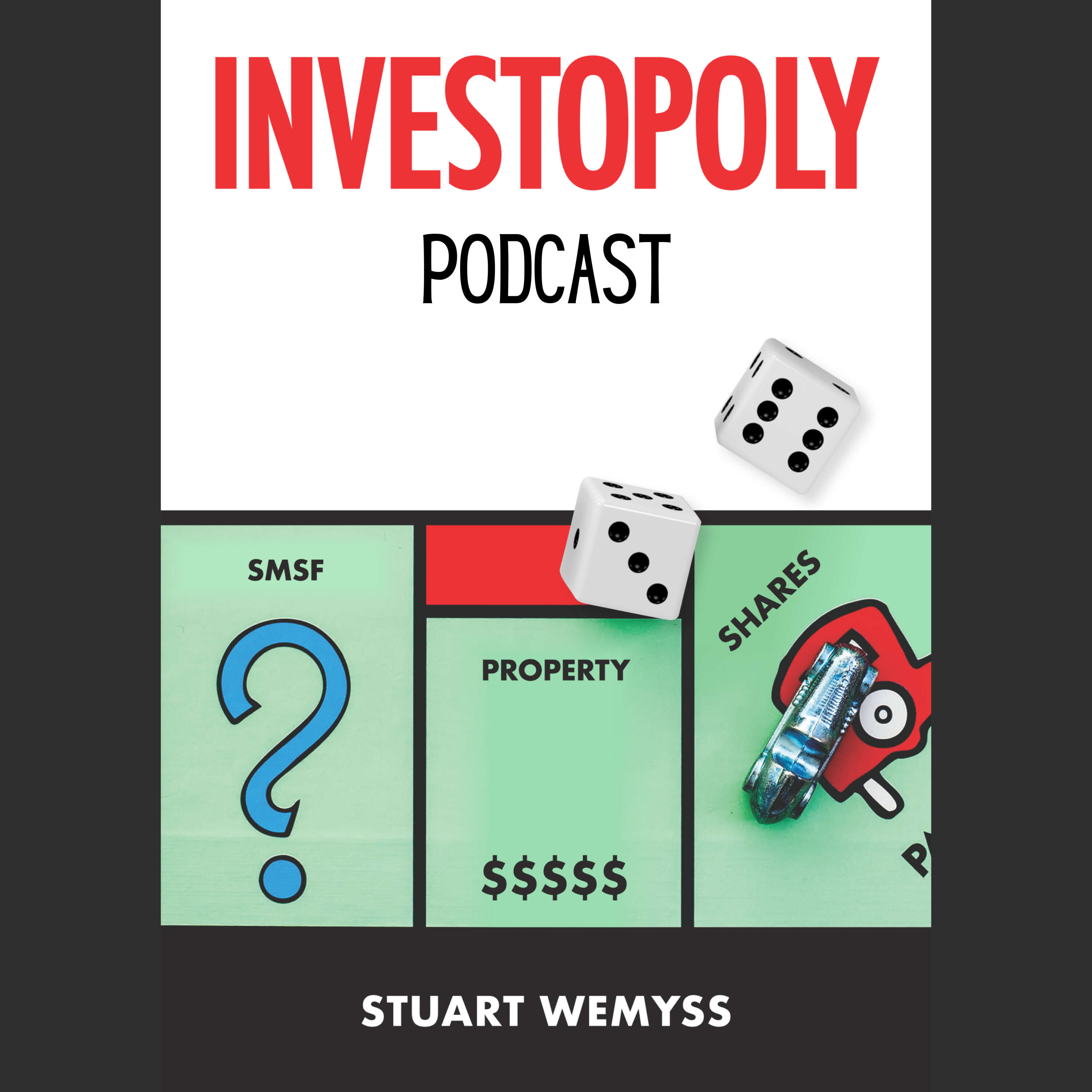How much should you invest in property, shares and super?
A common question I receive is how much should I invest in property? That is, how do you know when you have enough, and should you start investing in other assets? It’s a good question because it invites people to consider their goals and develop a long-term strategy to achieve them. I set out some of the factors that you should consider below. But ultimately, it really depends on personal circumstances. Rule of thumb is you need 20 to 25 times income The first consideration is the value of the investment assets you have today compared to what you need by the time you want to retire. As a rule of thumb, you need to accumulate investment assets equal to 20 to 25 times the annual income you require to fund retirement. For example, if you aim to spend $100k p.a. when you are retired, you need to accumulate $2 to $2.5 million of net investment assets by the time you retire. These assets could include equity in investment properties (i.e., net sales proceeds less CGT and outstanding loans), shares and superannuation. Lifecycle of an investor If you are a long way from achieving your net asset goal, then it is likely that your investment strategy will need to be more aggressive e.g., borrowing to invest. However, if you are close to achieving this goal, then your focus should be on ensuring the mix of assets are correct. This video sets out the typical lifecycle of an investor e.g., why it’s best to start with property, then invest in super and shares. What is the right mix? Longevity risk is the risk that you will live longer than your financial resources will allow i.e., you’ll run out of money. To protect yourself against longevity, your investments must generate a combination of capital growth and income. Income will help you fund living expenses and capital growth will protect your asset base against the impact of inflation. For example, if you have $2.5 million of investment assets, your average return might consist of 3.5% income and 3.5% growth. This will provide you with approximately $88k p.a. of income. If some of this income is franked (imputation credits) or from super, you probably won’t pay any tax. In addition to income, the value of your investments will appreciate by $88k, of which you’ll need to spend $12k to top-up living expenses (i.e., to give you $100k p.a.). The remaining $76k will be reinvested and compound. This should ensure your investment assets keep up with inflation i.e., no real change in value. If that happens, theoretically (i.e., mathematically), you can afford to live forever. Considerations… <br/><br/>I discuss some of the factors that I consider when contemplating whether an investor has the right mix of assets. Consider the impact of debt servicing costs Investing in more (investment-grade) property will help you accumulate more wealth over the long run. However, if you are borrowing money to fund these investments, which most people do, it means your cash flow will become more sensitive to changes in interest rates. That’s not what you want if you are approaching retirement or would like the flexibility to enable you to reduce your employment income. In this situation, you really want less debt, not more. The other consideration is that investing in property absorbs more of your surplus cash flow i.e., funding the shortfall between rental income and interest cost. If you contribute all your cash flow towards funding investment property holding costs, you won’t have any ability to invest in other assets (shares and super) or repay debt. This creates an opportunity cost and might cause you to be further away from retirement, not closer to it. To subscribe to Stuart's blog: https://www.prosolution.com.au/stay-conn

